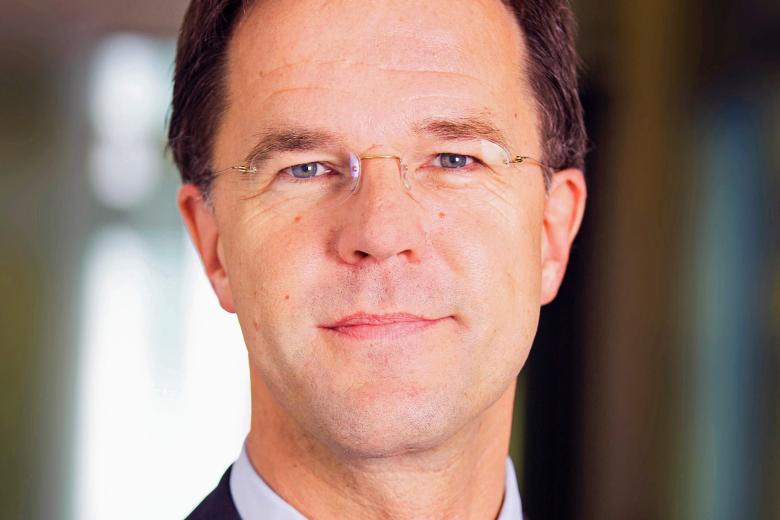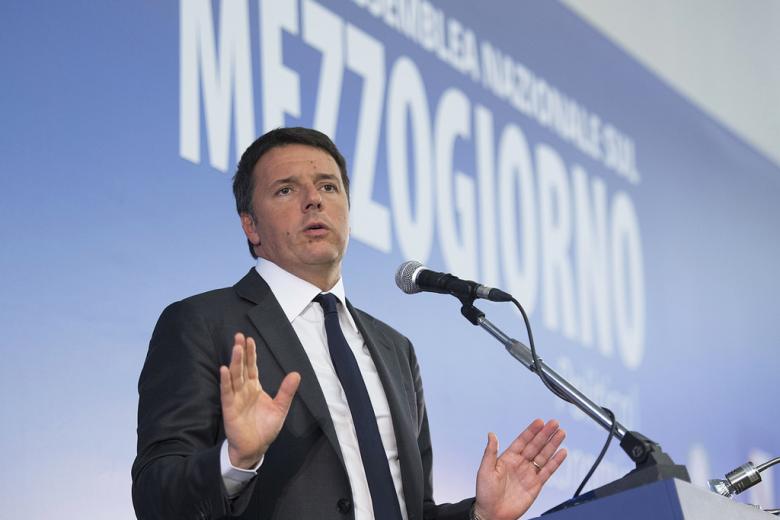In the 4th December referendum, Italy rejected the constitutional reforms promoted by the Renzi’s government. As a consequence of the “No” vote, the Prime Minister decided to resign. While the vote was influenced primarily by internal factors, the result may open a period of uncertainty for both Italy and Europe as a whole.
Black Piets, Burqa Bans, and Radical Populism in a Kakistocracy
- Law
Published on LBM. Here is a fun word that you may have come across recently: Kakistocracy. Based on the Greek word kakistos (meaning “the worst”), kakistocracy is a system of governance run by the least qualified, most “deplorable” citizens that the State has to offer.
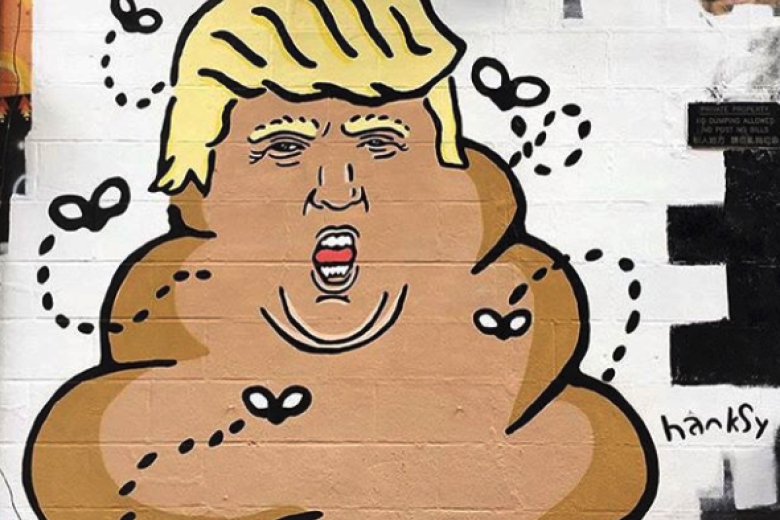
Politicians are quick to take offence
- Law
There was great anger and protest among Dutch politicians after a nuanced interview with Juncker in NRC Handelsblad van January 9th, 2016, about the referendum on the EU-Ukraine association agreement. The general opinion was: how does Juncker have the courage to participate in the Dutch discussion! This article is only available in Dutch.
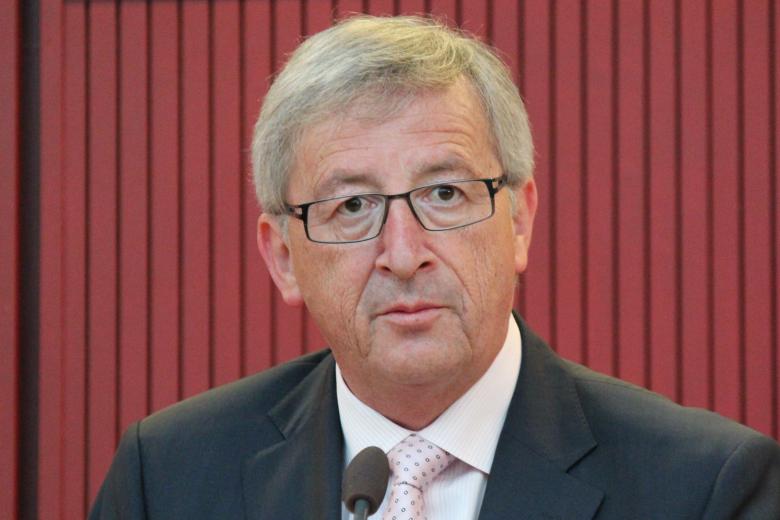
EU, democracy and the rule of law in Poland
- Law
What exactly are the legal instruments for the EU according the measures that have been introduced recently with regard to the constitutional court and in terms of the media law. This article is only available in Dutch.

Differences in healthcare: decentralisation and equality
- Law
Due to decentralisation in healthcare, differences between municipalities appear in own risk, the quality of care, as well as the extent of care. This article is only available in Dutch.
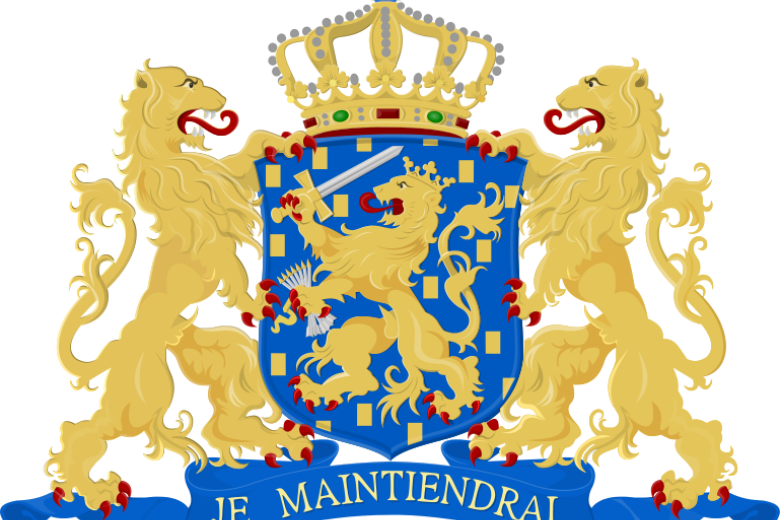
Guantánamo and the constitutional state/ legal order
- Law
Guantánamo serves as a prison for 13 years now. In the meantime 678 have been either released or transferred out of 800 prisoners. This article is only available in Dutch.
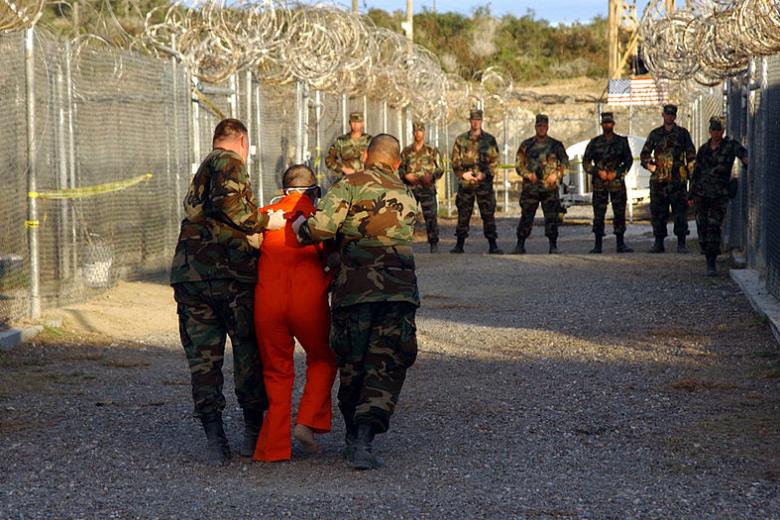
The Undutchables
- Law
Maybe you know the book The Undutchables. It describes the Dutch and how it must be for a foreigner to immigrate to The Netherlands and be confronted with Dutch peculiarities. For a next edition a new chapter may be added with specific interest for lawyers. In The Netherlands we celebrate Kings Day (April 27th); we celebrate 200 years of Dutch parliament in 2015 and we have celebrated 200 years Dutch Constitution and Monarchy in 2014. And also we tend to underline that we are a democratic state under the rule of law.
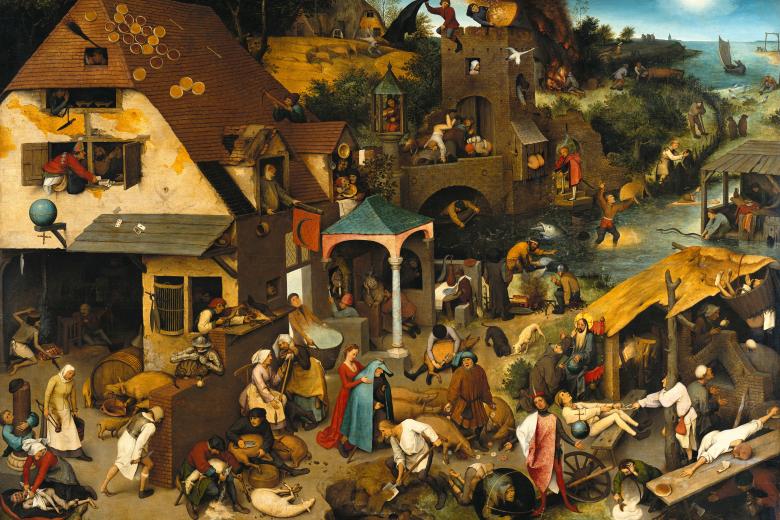
How I stopped worrying about asylum seekers
- Law
In a short memo, published on 22 March, the Dutch Liberal Party (VVD) expressed its view on how to handle the increasing number of asylum claims in the Netherlands, and more broadly in the EU, as well as the continuously tragic events concerning refugees that occur at the external borders of the EU. The memo and the author, Mr. Malik Azmani (a Dutch Member of Parliament), received a lot of attention in mainstream and social media.
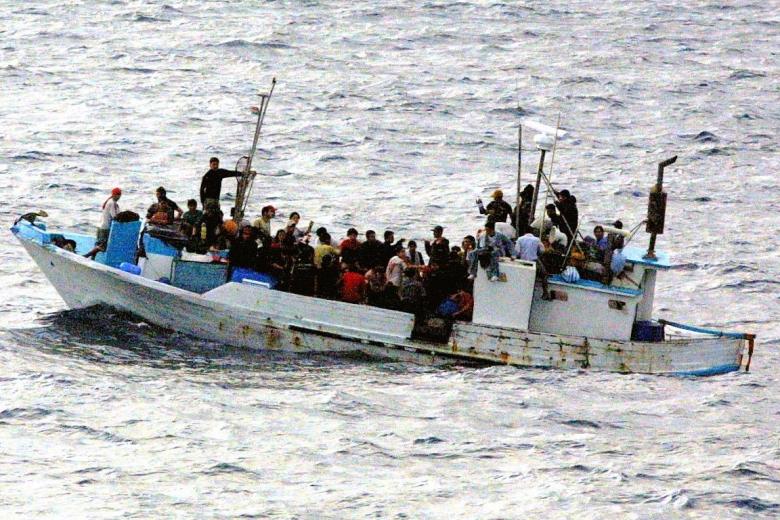
Alimanovic: social tourism and jobseekers
- Law
Last November the Court of Justice ruled in Dano that EU member states may exclude from entitlement to social assistance nationals of other member states who have arrived in their territory and who have no intentions of finding a job. While the ruling and the Court’s reasoning has triggered much criticism and debate, the outcome of the Dano case was no doubt in order. After all, if all union citizens who move to other member states without even trying to enter the labour market and without making a contribution to the host state’s economy or public finances could claim social assistance, the door for social tourism would be opened and national social assistance systems would be affected.
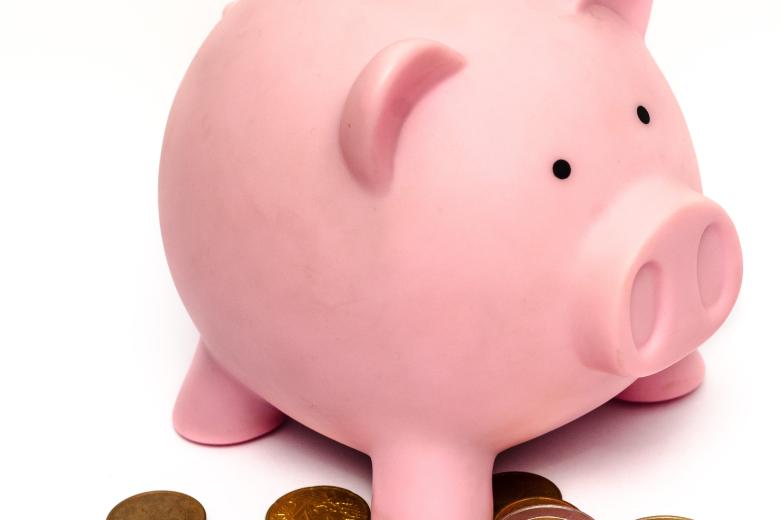
Creating the Asian Infrastructure and Investment Bank: a chance for Human Rights?
- Law
Last week Dutch Prime Minister Mark Rutte went on an economic mission to China, accompanied by a delegation of business people representing Dutch corporations. China’s presence as an economic and political power is increasing steadily. Its economic and financial potential is huge, not only in China itself, but also in other parts of Asia and in Africa. However, its role in multilateral fora is still rather limited. This applies especially to international organisations for development and finance, such as the World Bank and IMF, which are still dominated by Western powers, such as the USA and a number of European states. The position of developing countries and strong emerging economies in the South in the current international economic and financial institutions is rather weak. Therefore it is no big surprise that China has taken the lead to establish a new international bank for financing projects which aim at fostering economic growth and development in the South.
